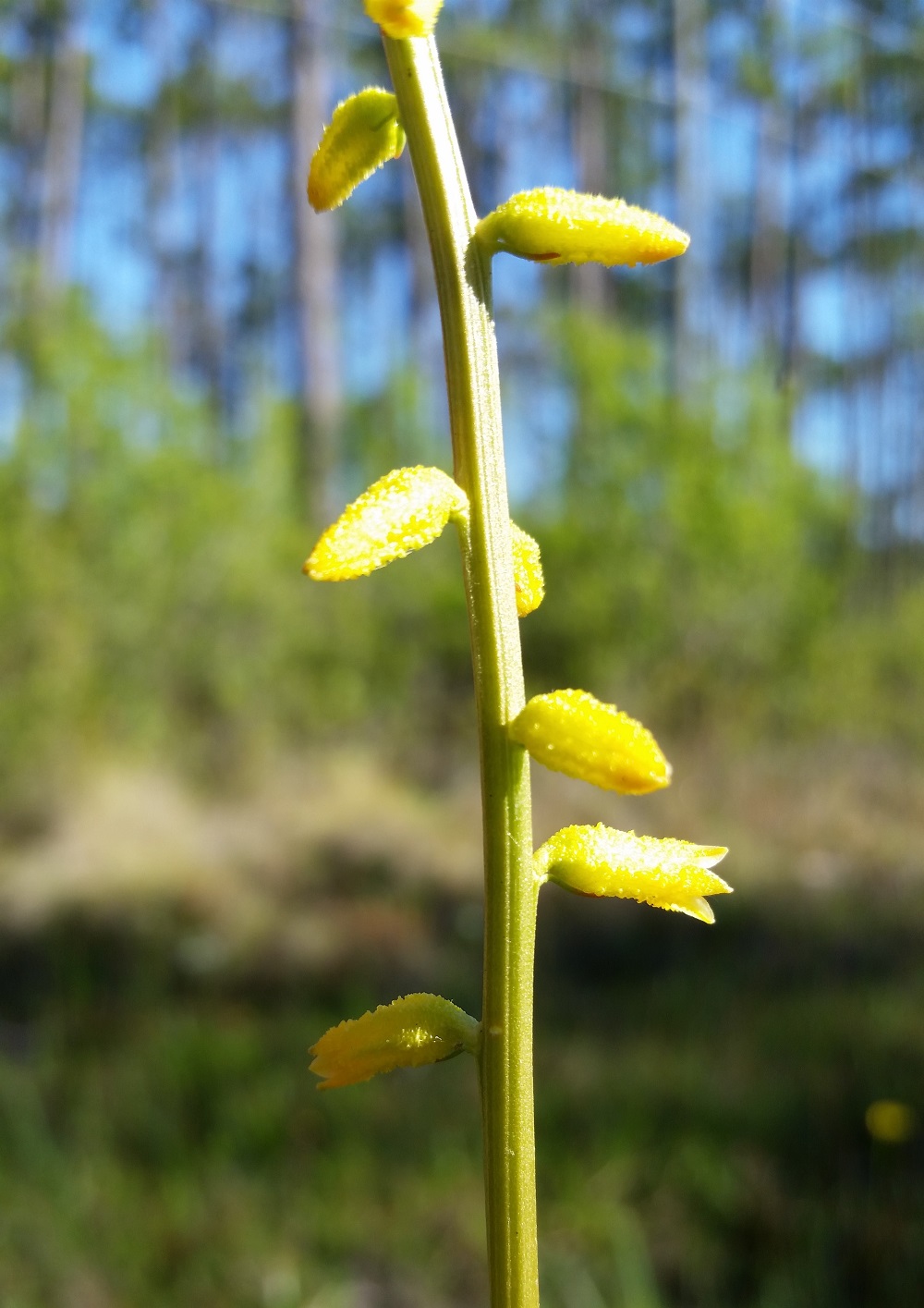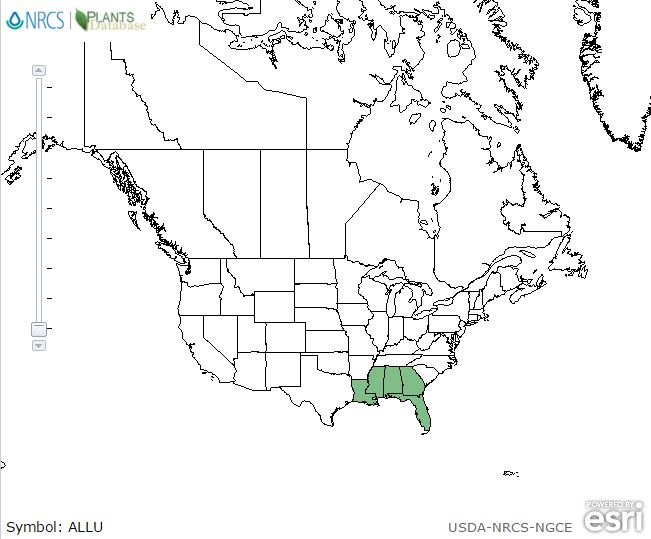Difference between revisions of "Aletris lutea"
Emmazeitler (talk | contribs) (→Taxonomic notes) |
|||
| Line 38: | Line 38: | ||
<!--===Use by animals===--> | <!--===Use by animals===--> | ||
<!--===Diseases and parasites===--> | <!--===Diseases and parasites===--> | ||
| − | ==Conservation and | + | ==Conservation, cultivation, and restoration== |
| − | == | + | ==Cultural use== |
==Photo Gallery== | ==Photo Gallery== | ||
<gallery widths=180px> | <gallery widths=180px> | ||
</gallery> | </gallery> | ||
==References and notes== | ==References and notes== | ||
Revision as of 18:20, 7 June 2021
| Aletris lutea | |
|---|---|

| |
| Photo by Katelin Pearson | |
| Scientific classification | |
| Kingdom: | Plantae |
| Division: | Tracheophyta - Vascular plants |
| Class: | Magnoliopsida– Monocotyledons |
| Order: | Dioscoreales |
| Family: | Nartheciaceae |
| Genus: | Aletris |
| Species: | A. lutea |
| Binomial name | |
| Aletris lutea Small | |

| |
| Natural range of Aletris lutea from USDA NRCS Plants Database. | |
Common name: Yellow colicroot
Contents
Taxonomic notes
The genus name Aletris comes for the Greek word for a female slave who ground corn, this is in reference to the perianth shaped like a corn kernel.[1]
No synonyms.[2]
No varieties.[2]
Description
A description of Aletris lutea is provided in The Flora of North America.
Distribution
Ecology
Phenology
Flowers in January and March to June with peak inflorescence in April and May.[3]
Conservation, cultivation, and restoration
Cultural use
Photo Gallery
References and notes
- ↑ [[1]]Alabama Plants. Accessed: March 22, 2016
- ↑ 2.0 2.1 Weakley, A.S. 2015. Flora of the southern and mid-atlantic states. Working Draft of 21 May 2015. University of North Carolina at Chapel Hill, Chapel Hill, North Carolina.
- ↑ Nelson, G. PanFlora: Plant data for the eastern United States with emphasis on the Southeastern Coastal Plains, Florida, and the Florida Panhandle. www.gilnelson.com/PanFlora/ Accessed: 7 DEC 2016